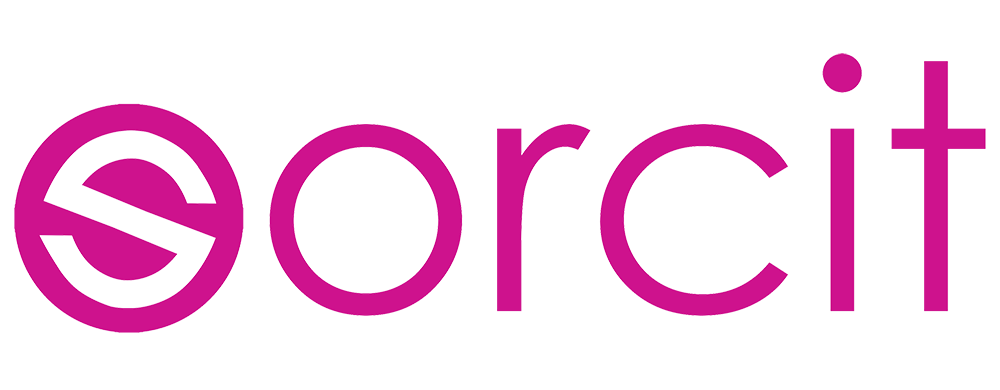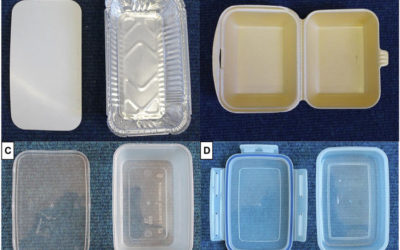It’s likely you’re familiar with the PET symbol. You’ll find it on a plastic bottle or cup, consisting of a triangle made from three arrows with “1” written inside. We’re so familiar with symbols like these that we don’t often stop to think what they mean and, more importantly, what they might mean for our environment once we’ve finished with the drink and thrown the bottle or cup away. What is PET and rPET? PET stands for “polyethylene terephthalate” and it’s something we come across every day. The British Plastics Federation estimates that 70% of soft drinks are packed within PET containers in the UK, and all PET bottles can be recycled. When consumers and businesses put these plastic bottles in their recycling bins, they’re sent to recycling facilities and become rPET – this is simply recycled PET that has successfully re-entered the world. To put this in context, when PET is first made, it’s created through a heavily industrial process. Oil and gas are extracted from the earth and heated to form a molten liquid. This is then moulded into PET bottles and other PET containers. When rPET, the process is far less intensive. From Plastic Cup to Plastic Cup When a PET item successfully goes to recycling, it then embarks on a process that cleans it and makes it fit for use again. So, a cup will be cleaned before being shredded into pellets. Those plastic pellets are then crushed and melted and we’re right at the beginning – we have molten plastic that can be moulded into yet another plastic cup. This process uses up to 75% less energy than the creation of an entirely new PET bottle. However, rPET has to go through some stringent cleaning procedures to be made safe again. That’s why accreditations and transparency about recycling processes matter. When it’s done properly, though, recycling of PET can be done again and again, dramatically reducing the amount of energy used to create one plastic cup or bottle and saving the earth’s natural resources. RPET as the Economical Option As businesses struggle to switch to environmentally friendly cups, packaging and other essentials, it can seem as though everything comes with a hefty price tag that simply can’t be borne by a small business. That said, most people in the hospitality industry recognise that not switching to environmentally friendlier materials will cost them dearly as customers turn to rivals who have embraced the environmental revolution. That’s why rPET is an excellent option for companies wanting to do their bit for the environment without putting themselves out of business in the process. By recycling PET at every opportunity and using rPET wherever possible, your company will be helping preserve the finite resources of the planet. If that’s not a reward in itself, just remember that plenty of your customers will be impressed as you go greener.



